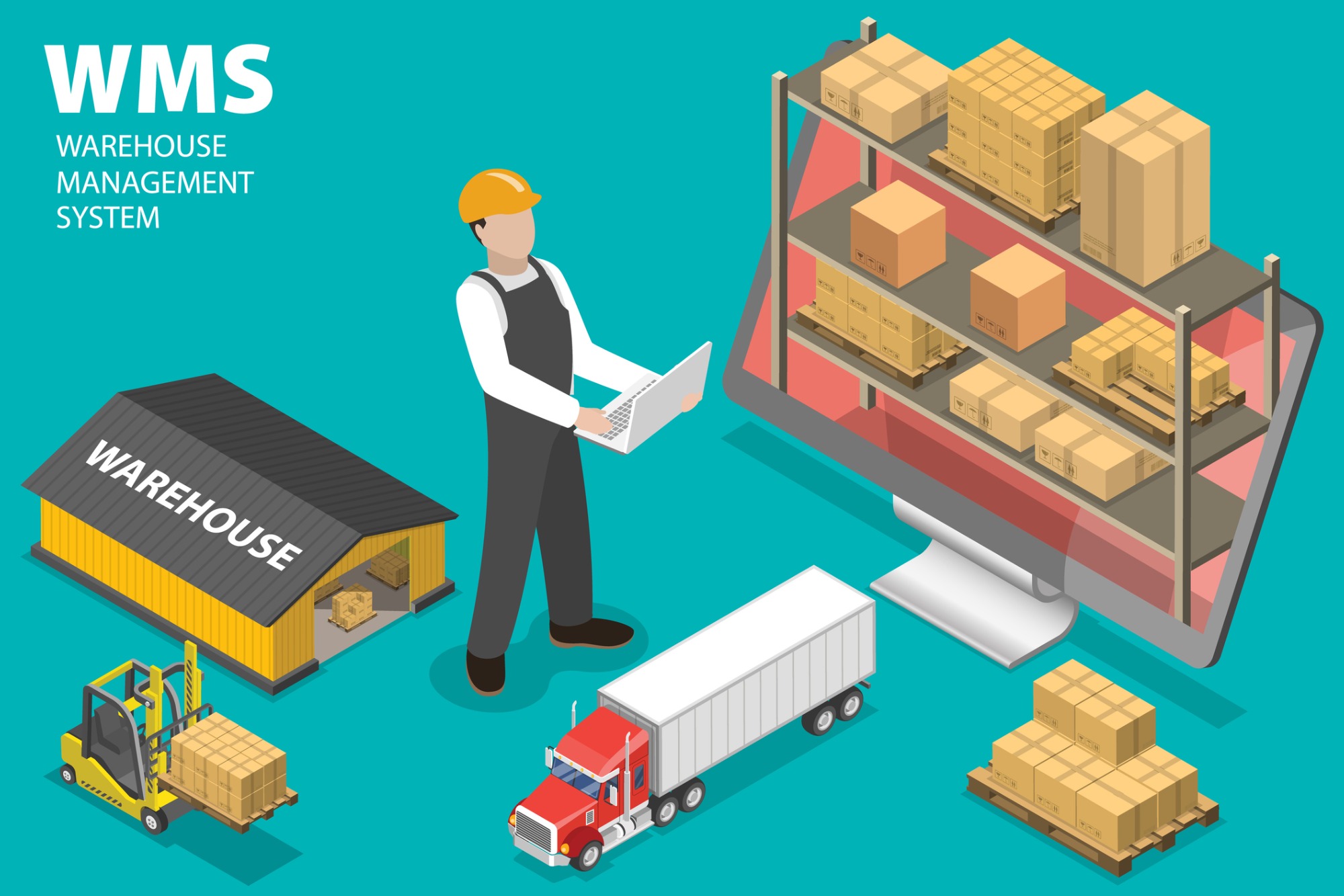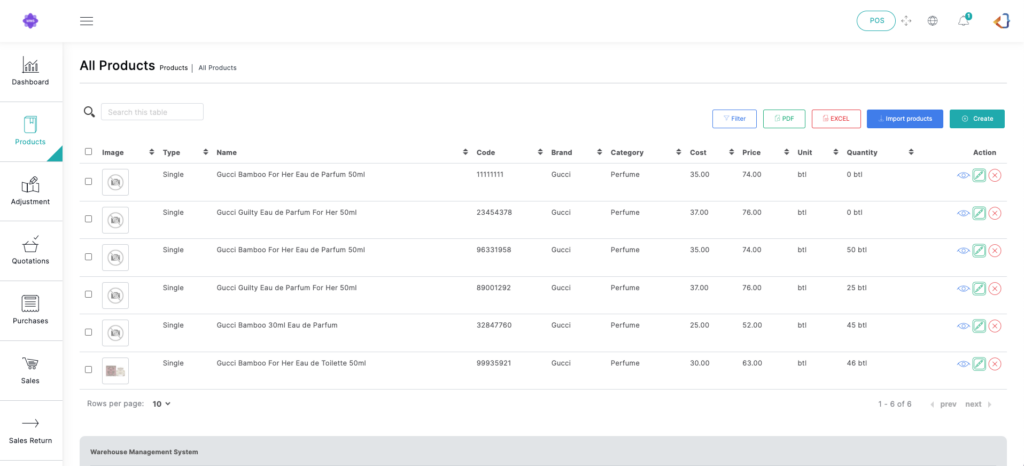
In the dynamic world of logistics and supply chain management, companies face numerous challenges in optimizing, monitoring, and managing warehouse and distribution activities. These activities include yard management, dock scheduling, order management, and inventory control. Manual methods, such as stock counts and spreadsheets, can make these tasks complicated and prone to errors. This is where the Warehouse Management System (WMS) comes into play, offering a smart and efficient solution to these challenges.
What is a WMS?
A WMS is a software application designed to help businesses regulate and organize their daily warehouse operations. This system includes organizational tools, policies, and procedures that ensure optimal warehouse operations, benefiting both the company and its consumers. A WMS manages all inventory, including raw materials and finished products, allowing you to easily monitor inventory and its location, whether in a facility or in transit.

Benefits of a WMS
Increased Productivity
A WMS enhances the efficiency of logistics and warehouse operations, optimizing each step of the order fulfillment process. This system ensures an optimal warehouse layout, guaranteeing accessibility, maximum space allocation, better workflow organization, and reduced floor traffic. All this contributes to accurate and timely order fulfillment, boosting customer trust and satisfaction.
Accurate Invoice and Inventory Management
A well-designed WMS integrates all warehouse functions, improving order tracking and fulfillment visibility. This system provides real-time data, offering clear and precise information to customers. Additionally, it supports invoice and order management, reducing errors and improving operational efficiency.
Reduced Warehouse Costs
One of the main benefits of a WMS is cost reduction. This system offers effective inventory protection technologies, helping to prevent product loss and theft. Moreover, it reduces energy costs through automated management of lighting and other resources, contributing to overall business expense reduction.
Enhanced Security
In a context where supply chain disruptions and cyberattacks are increasingly common, a reliable and efficient WMS can protect the company from downtime, reduced employee productivity, reputational damage, and customer loss. Cloud-based WMS systems offer backup and security features, ensuring business continuity despite potential disasters.
Reduced Lost Inventory
Accurate inventory management is essential for reducing waste and hidden costs. A WMS applies rules like first-in, first-out (FIFO) to ensure the removal of older perishable items before newer ones. This system monitors inventory in real-time, making it easier to locate any item during the order process and reducing waste.
Types of WMS
Standalone Systems
Ideal for smaller warehouses or new e-commerce businesses, these systems manage the warehouse and track inventory cost-effectively. However, they require additional software and tools for more complex operations.
ERP Modules
Perfect for expanding businesses that want to automate tasks, improve efficiency, and reduce staff. These systems offer advanced features like robust reporting, multi-unit management, and integration with e-commerce and other platforms.
Supply Chain Modules
These modules manage the entire supply chain, from customer contact management to material handling and inventory control. They are preferred by large enterprises and third-party logistics providers (3PL).
Cloud-Based Systems
These WMS, accessible from any device with an internet connection, do not require on-site hardware. They offer quick integration and easy maintenance, making work smoother and more centralized.
Conclusion
The evolution of e-commerce, integrated logistics, and fast deliveries is transforming the business landscape, making WMS increasingly indispensable. Implementing a WMS boosts productivity, optimizes space, reduces costs, supports the latest technologies, and improves customer service. For companies operating in the logistics and supply chain sectors, a WMS represents a strategic solution to optimize and scale performance, ensuring a competitive advantage in the market.





